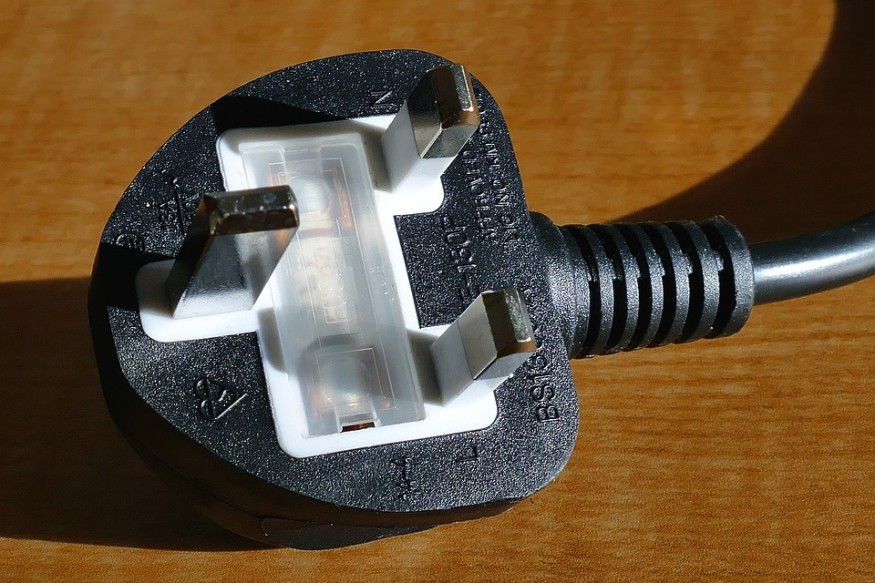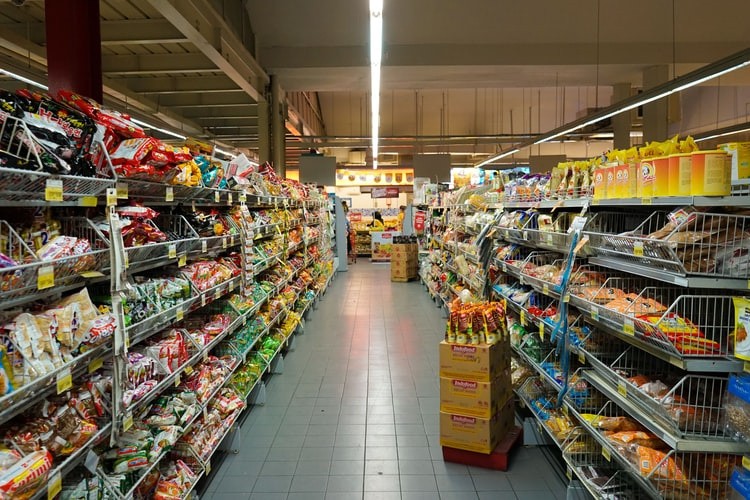As the fight for climate change continues, many initiatives are thinking of large-scale solutions to ensure that the effects of the climate crisis will be combated or mitigated if not prevented.
Although it should indeed be the big industries should be the ones spearheading the battle on the climate crisis, as it is their production lines that create most emissions that worsen the situation, it should be all hands on deck in the actual battle.
No, not everyone can create devices or machinery that can suck up the excess gasses in the atmosphere. But, everyone can still do their parts in their own little ways.
And, those ways matter more than anyone thought of. Because according to the EPA (Environmental Protection Agency), more than a quarter of total harmful emissions come from transportation and commercial or residential sectors.
Here are four everyday activities that can help mitigate the effects of the climate crisis.
Avoid Driving Solo

The transportation sector is the biggest source of greenhouse gas emissions. This is primarily due to the amount of harmful gasses involved in every aspect of the industry.
Before it even leaves the production lines, a car has already generated a good enough contribution to the greenhouse gas emissions because of the factory's smokes.
Then, it continues to emit harmful gasses when on the streets because of all the fuel it burns. Even electric vehicles produce their share of carbon emissions.
This would be hard to combat since transportation is essential. But, choosing to commute on public transit instead of driving alone would greatly improve the environment.
By doing so, fewer cars would be on the streets producing harmful gasses. Imagine the decrease in emission when only hundreds of vehicles are on the road compared to thousands.
Do Not Leave Any Machine on Idle

Any powered device consumes energy even when it is not fully functioning.
Remaining idle is different from being turned off.
Any electronic device still hooked up to the power source is still consuming electricity even if it's not fully turned on. A car is still burning fuel and producing gasses even when it's on idle.
Make it a habit to turn a device or machine off when not using it. Not only would it help the planet, but it would also personally help you reduce your power consumption, consequently lowering your bills.
Purchase Responsibly

Everyone shops, everyone goes to the grocery, everyone buys, and everyone purchases.
Shopping is the modern way of trading goods, everyone does it. However, the shopping industry generates unnecessary wastes when unregulated.
Most malls and grocery stores use plastic shopping bags to wrap their items; plastic bags happen to be one of the biggest pollutants on the planet.
Shopping responsibly has two meanings. One, a shopper should always be mindful of their spending as it reflects the supply and demand flow making the producers create more, leading to more emissions. Two, a responsible shopper should know how to properly dispose of any waste accumulated through their sprees.
Read also: Seafood's Secret Ingredient: Microplastic
Have a Diverse Diet Plan

The food and agriculture sector also contributes to the excess greenhouse gas emission in the atmosphere. From commercial to industrial livestock producers, everyone releases harmful substances effectively, worsening the climate crisis.
Having a diverse diet plan lessens the demand for more meats produced. Meat production of any sort produces greenhouse gases like methane and carbon monoxide in the atmosphere. By choosing to have greens and not just meats on the menu, you are effectively lessening the demand for meat, making the factories not produce excessively.
No step is too small in the combat against the climate crisis.
ALSO READ: Treating Pets with Separation Anxiety: What to do to Keep Your Pets Feel Emotionally Safe
For more environmental news, don't forget to follow Nature World News!
© 2025 NatureWorldNews.com All rights reserved. Do not reproduce without permission.

